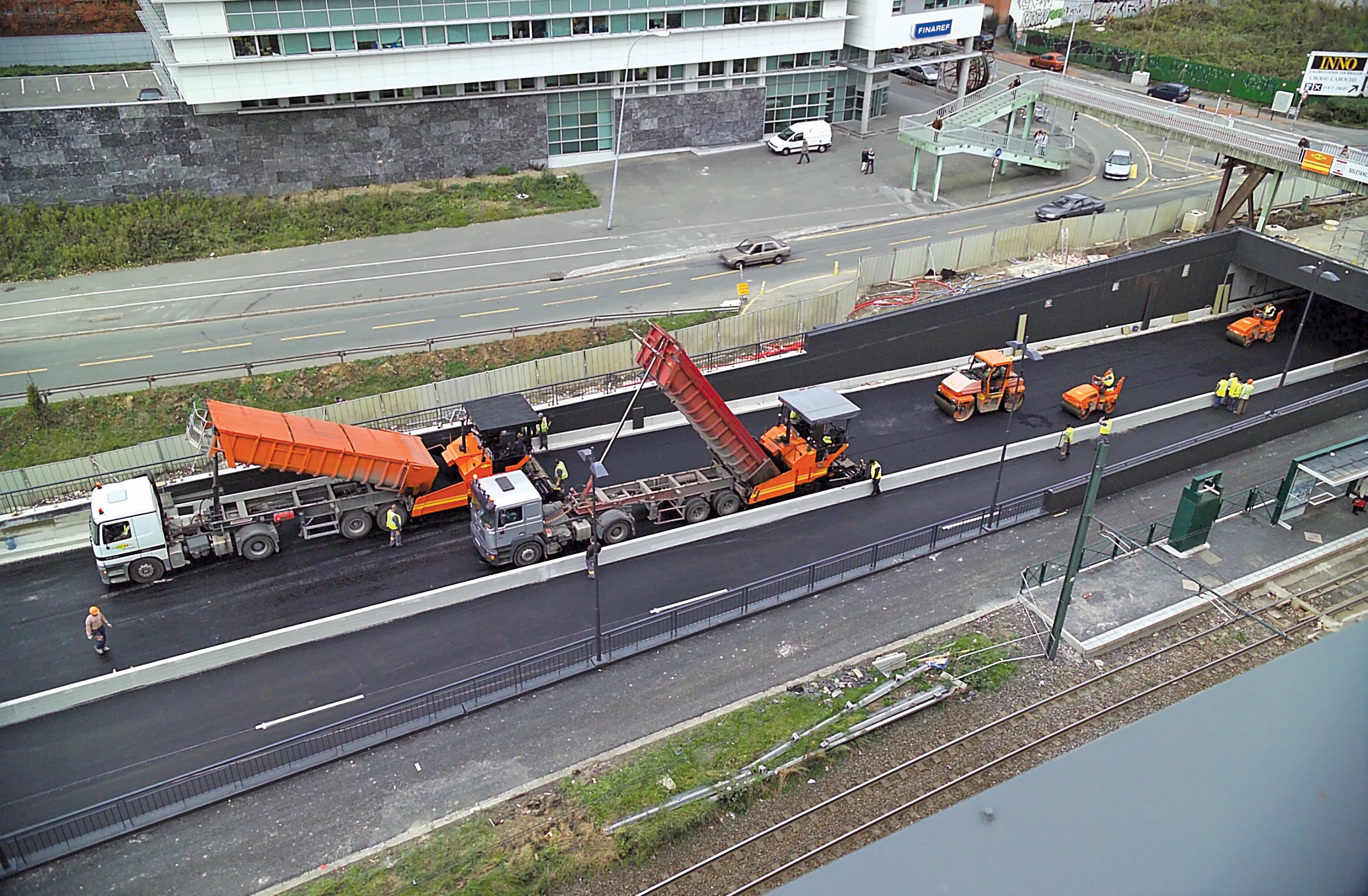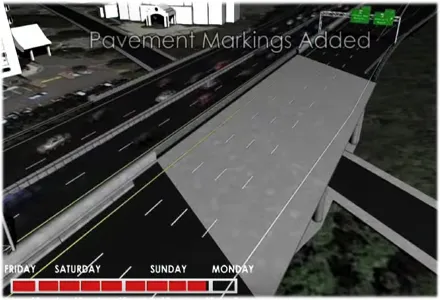As a leader in the construction and maintenance of transport infrastructure, COLAS has long prioritised research and development. The company is a leader in the field of new solutions for road surfacing systems. Its research and development teams now offer a vast global technical network of 2000 research specialists, engineers and technicians. These teams continue to focus on areas such as environmental protection issues, and in particular saving energy and materials and reducing carbon impact. They also f
November 15, 2013
Read time: 2 mins

As a leader in the construction and maintenance of transport infrastructure, 184 Colas has long prioritised research and development. The company is a leader in the field of new solutions for road surfacing systems.
Research and development teams now offer a vast global technical network of 2000 research specialists, engineers and technicians. These teams continue to focus on areas such as environmental protection issues, and in particular saving energy and materials and reducing carbon impact. They also focus on issues such as traffic noise, road safety, controlling infrastructure maintenance costs and offering solutions for improved living environments.
Colas says that it is able to provide customers and partners with innovative products and processes that have been designed to meet their specific needs.
These include solutions for warm mixes, cold-in-place recycling, plant-based binders and fluxes, eco-designed road marking products, noise-reducing mixes, porous mixes, heavy-duty skid resistant surfacing, translucent binders, coloured surfacing, surface dressing and anti-crack surfacing.
Colas can provide partners around the world with solutions developed for specific applications. For markets such as Canada, the US and Mexico the firm has a solution for use in low traffic volume road applications. The Fibermat system is an effective crack-inhibiting membrane that can be used as a stress absorbing product on primed gravel roads or for cold-in-place recycling applications, or simply as maintenance coating for existing surfaces. Meanwhile the company also has a system aimed at duties in Europe and MEDA for urban road applications. The Nanosoft product can reduce road noise and suits use in busy cities, without compromising rut resistance and braking distances in any weather conditions. This allows for both safe networks and a fine finish.
Research and development teams now offer a vast global technical network of 2000 research specialists, engineers and technicians. These teams continue to focus on areas such as environmental protection issues, and in particular saving energy and materials and reducing carbon impact. They also focus on issues such as traffic noise, road safety, controlling infrastructure maintenance costs and offering solutions for improved living environments.
Colas says that it is able to provide customers and partners with innovative products and processes that have been designed to meet their specific needs.
These include solutions for warm mixes, cold-in-place recycling, plant-based binders and fluxes, eco-designed road marking products, noise-reducing mixes, porous mixes, heavy-duty skid resistant surfacing, translucent binders, coloured surfacing, surface dressing and anti-crack surfacing.
Colas can provide partners around the world with solutions developed for specific applications. For markets such as Canada, the US and Mexico the firm has a solution for use in low traffic volume road applications. The Fibermat system is an effective crack-inhibiting membrane that can be used as a stress absorbing product on primed gravel roads or for cold-in-place recycling applications, or simply as maintenance coating for existing surfaces. Meanwhile the company also has a system aimed at duties in Europe and MEDA for urban road applications. The Nanosoft product can reduce road noise and suits use in busy cities, without compromising rut resistance and braking distances in any weather conditions. This allows for both safe networks and a fine finish.









